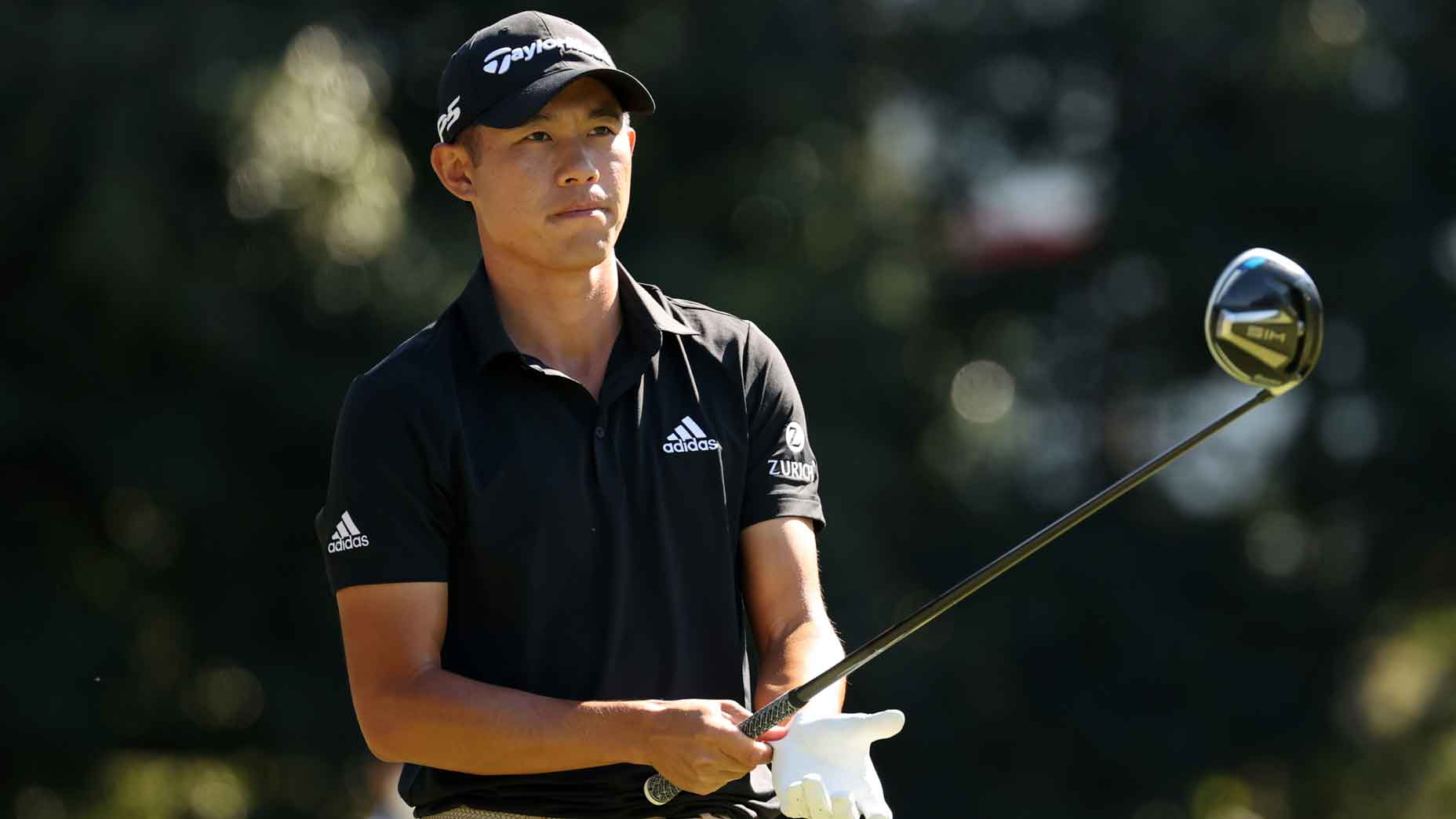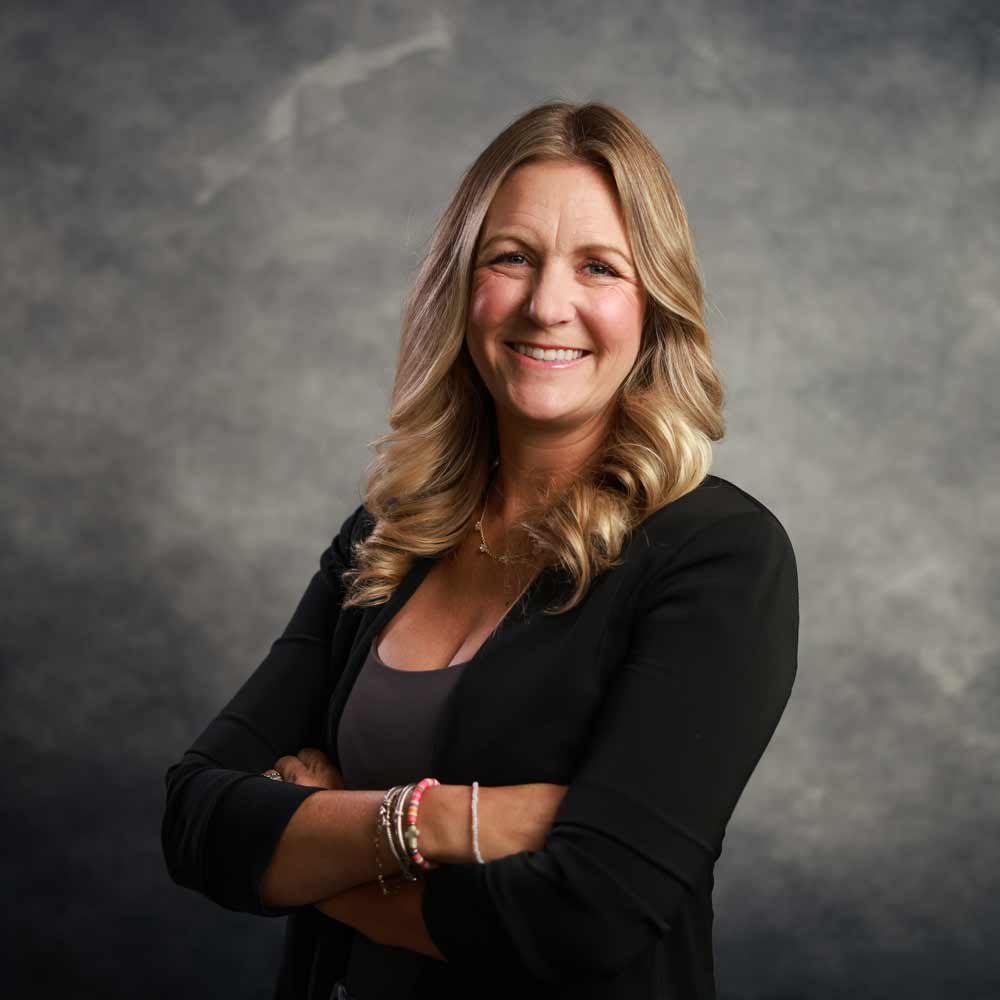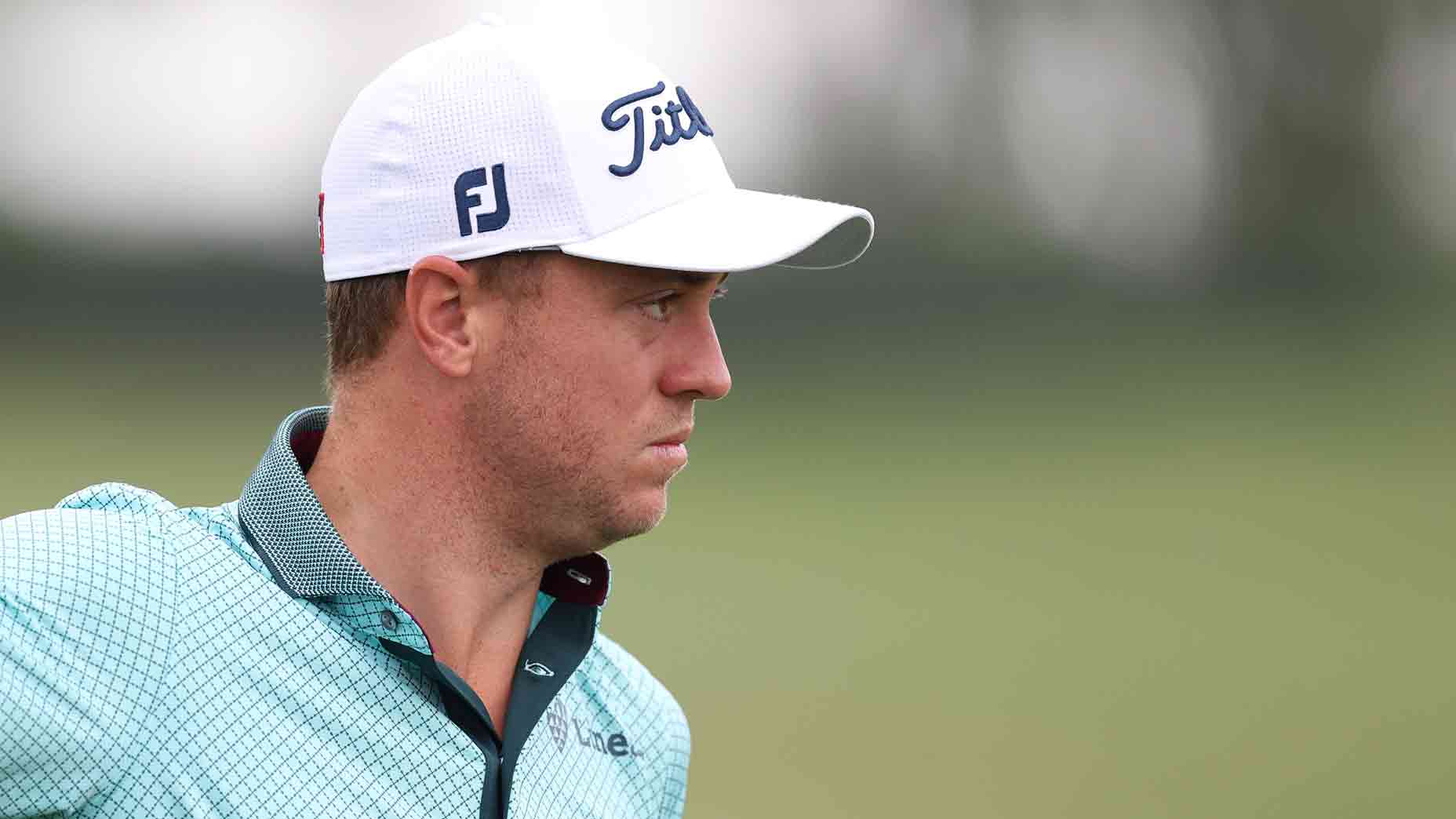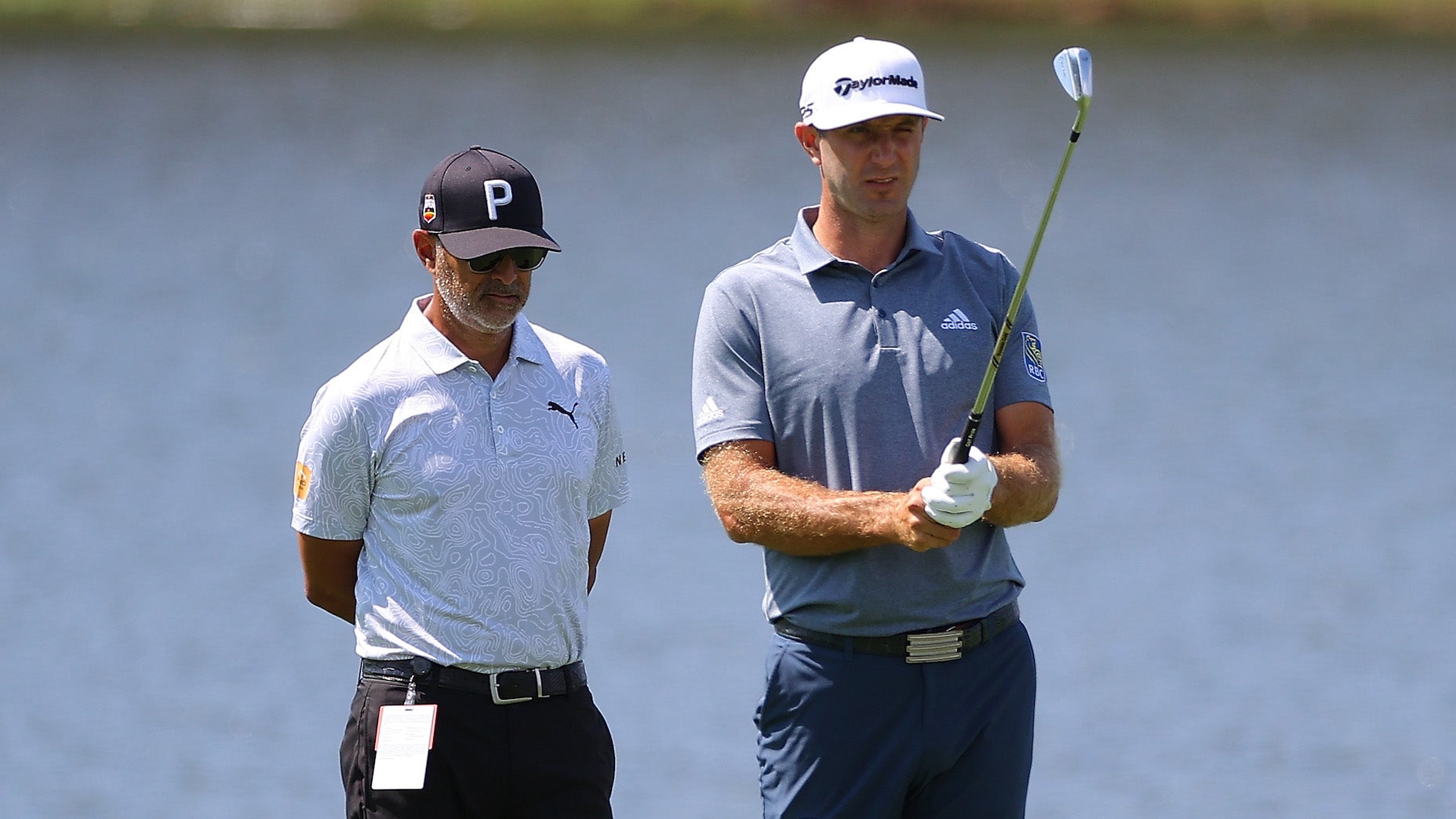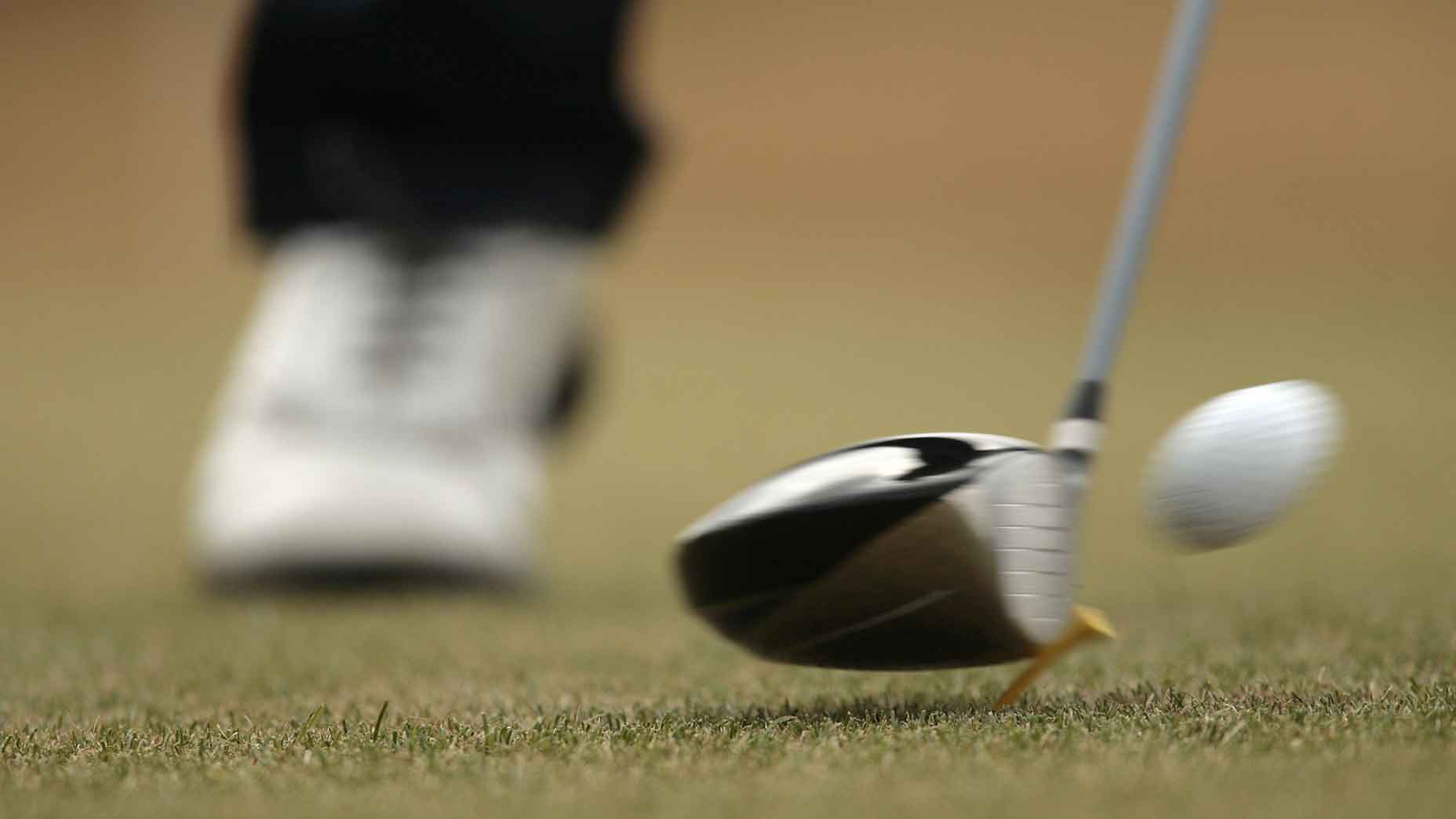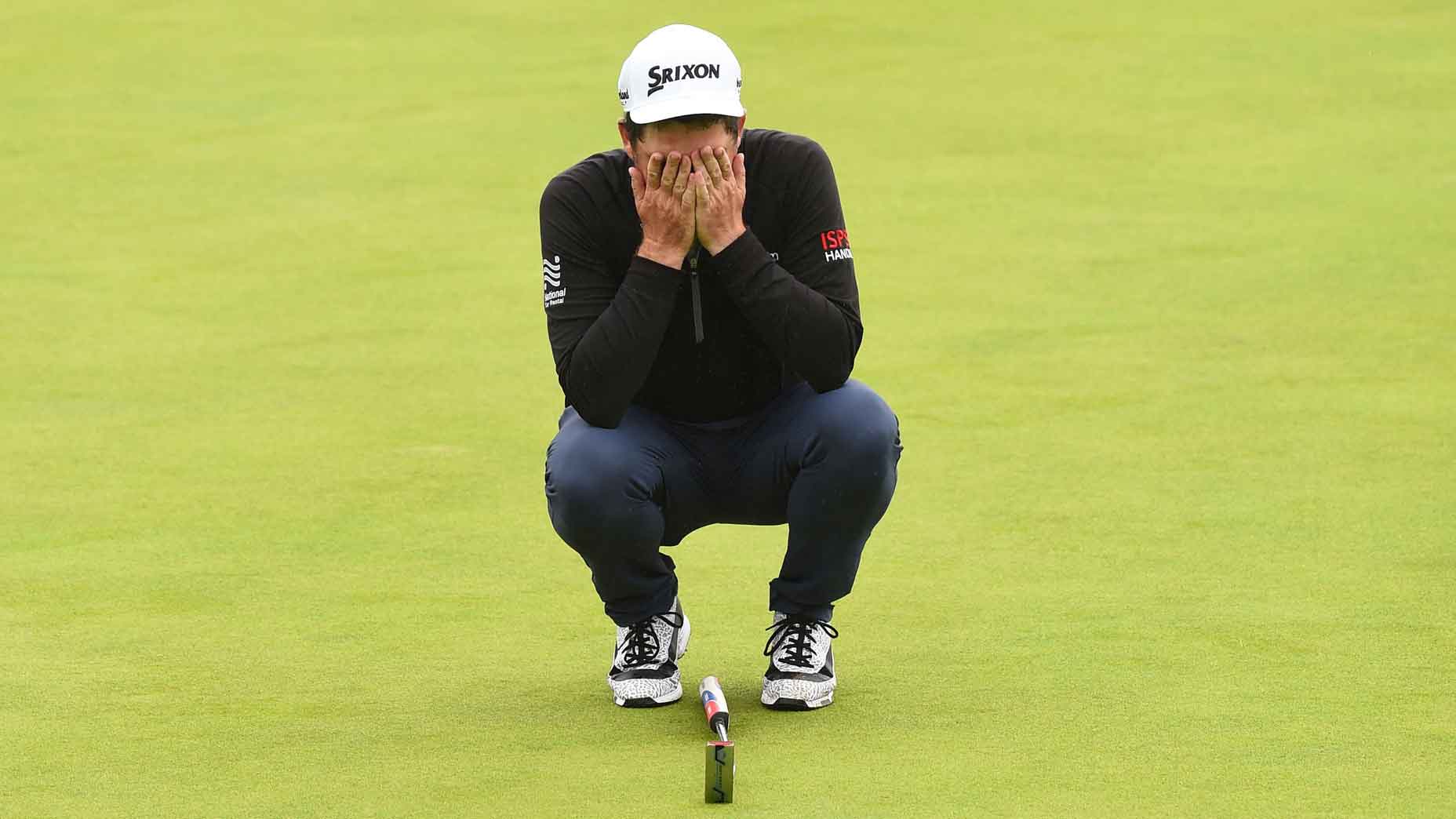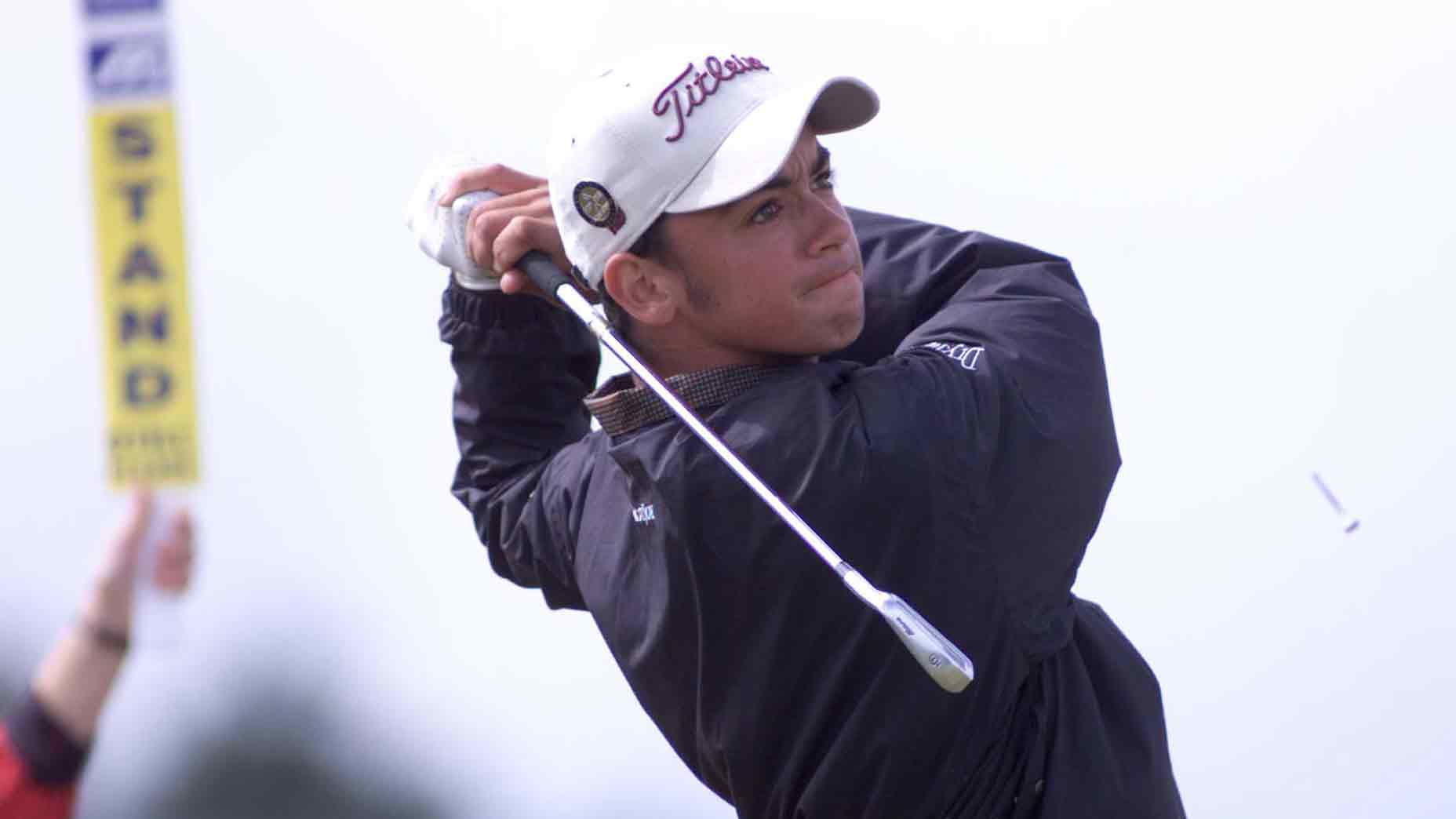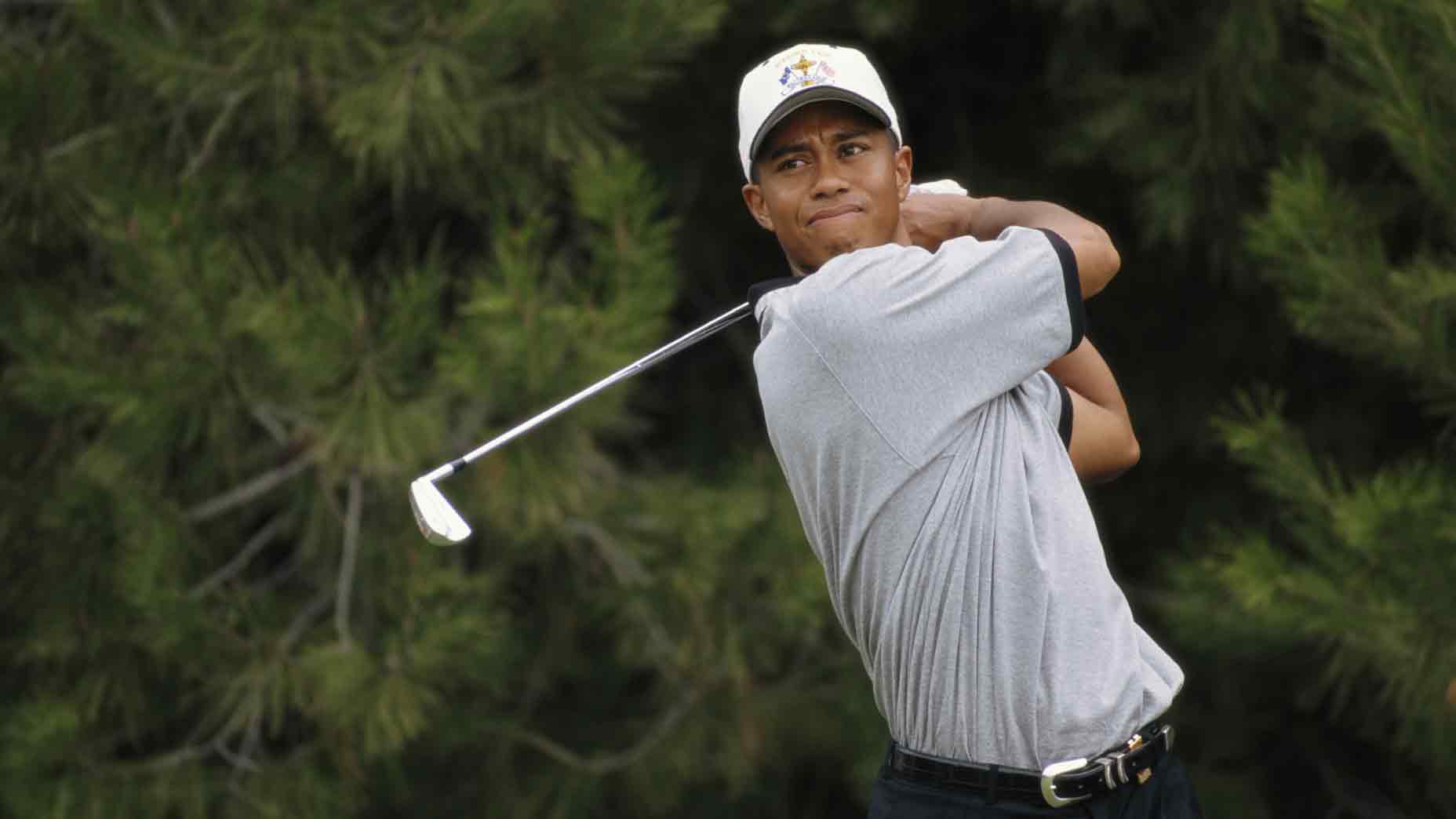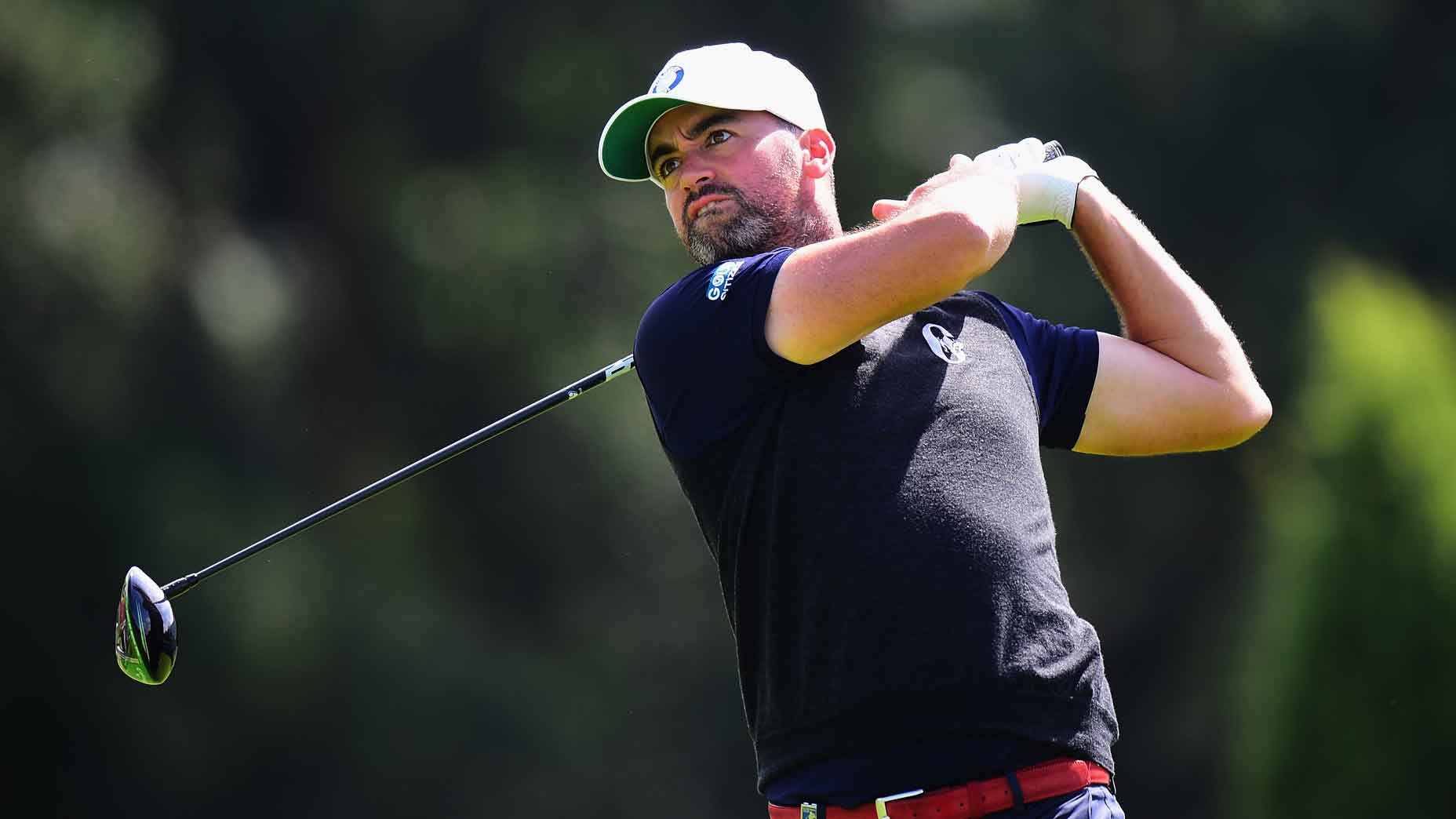If you’ve ever played the round of your life, and upon reflection afterward, have absolutely no idea how you did it, you’re not alone, says Collin Morikawa’s longtime coach, Rick Sessinghaus. In fact, he says, not knowing why you play well is one of the reasons it happens so rarely.
Sessinghaus is this week’s guest on Off Course with Claude Harmon, and during their conversation, Harmon broached the idea that golfers tend to be more confused when they play well than when they play poorly, which Harmon attributed to the huge gap that exists for recreational players when it comes to technique versus execution.
“I use the word ‘state’ a lot,” Sessinghaus said in reply. “I believe that performance is state-dependent. Mental, emotional, physical state that we bring to that shot. And I like your distinction between technical and execution.”
Sessinghaus said he frequently sees players with perfect technique on the range, who are then unable to convert that technique into performance on the course.
A successful pre-shot routine should answer these 4 questionsBy: Jessica Marksbury
Sessinghaus attributes that discrepancy to the “state” the player is in at the time.
“Players tend to play well in front of me because I have them focus on a simple cue,” Sessinghaus said. “They have a target. There’s no consequences, I get that. But their state has been primed to focus on one thing, and minimize.”
Recreational players tend to get distracted by thinking about too many things and putting undue pressure on themselves, Sessinghaus said, which affects their state and thereby, their execution.
“I’m trying to get people to understand, when they’re at their best, what state were they in?” Sessinghaus said. “What are you thinking about when you’re executing a golf shot? And I either get, ‘I don’t know,’ which, okay, or, ‘I got these three swing thoughts right now, I just saw this YouTube video.’ Holy smokes. The best players in the world — Steph Curry is looking at the hoop. He’s not analyzing his release position with his wrist.
“And I think that’s what I try to get back to, because I played a lot of other sports before I ever played golf,” Sessinghaus continued, “is the idea of being an athlete and being reactionary and trusting, or like you said, allowing yourself to just go do what you already know how to flippin’ do. But we get that interference, it gets in the way, which could be many, many things.”
For more from from Sessinghaus, including the four questions you should ask yourself before you hit a shot, and what Morikawa’s expectations are now that he’s won two majors, check out the full interview below.
